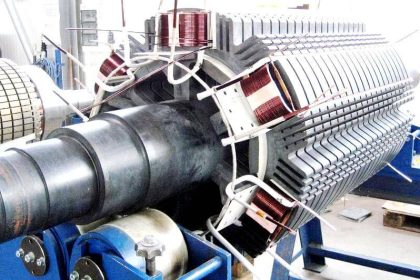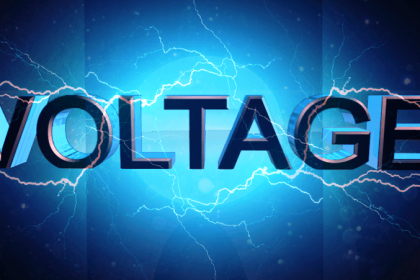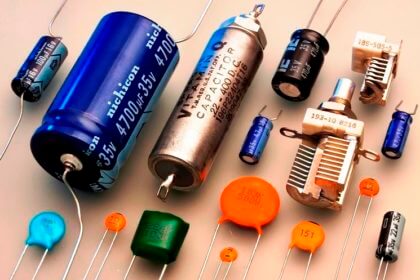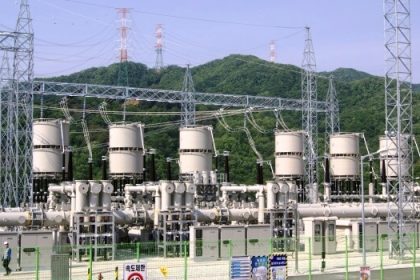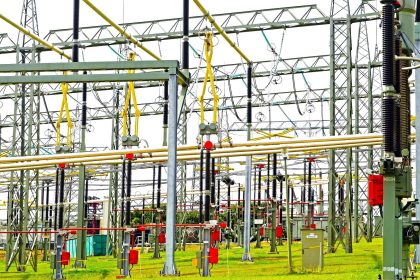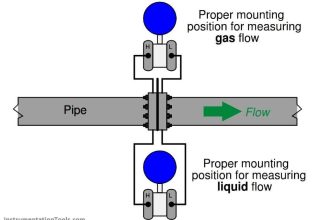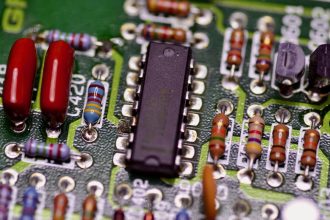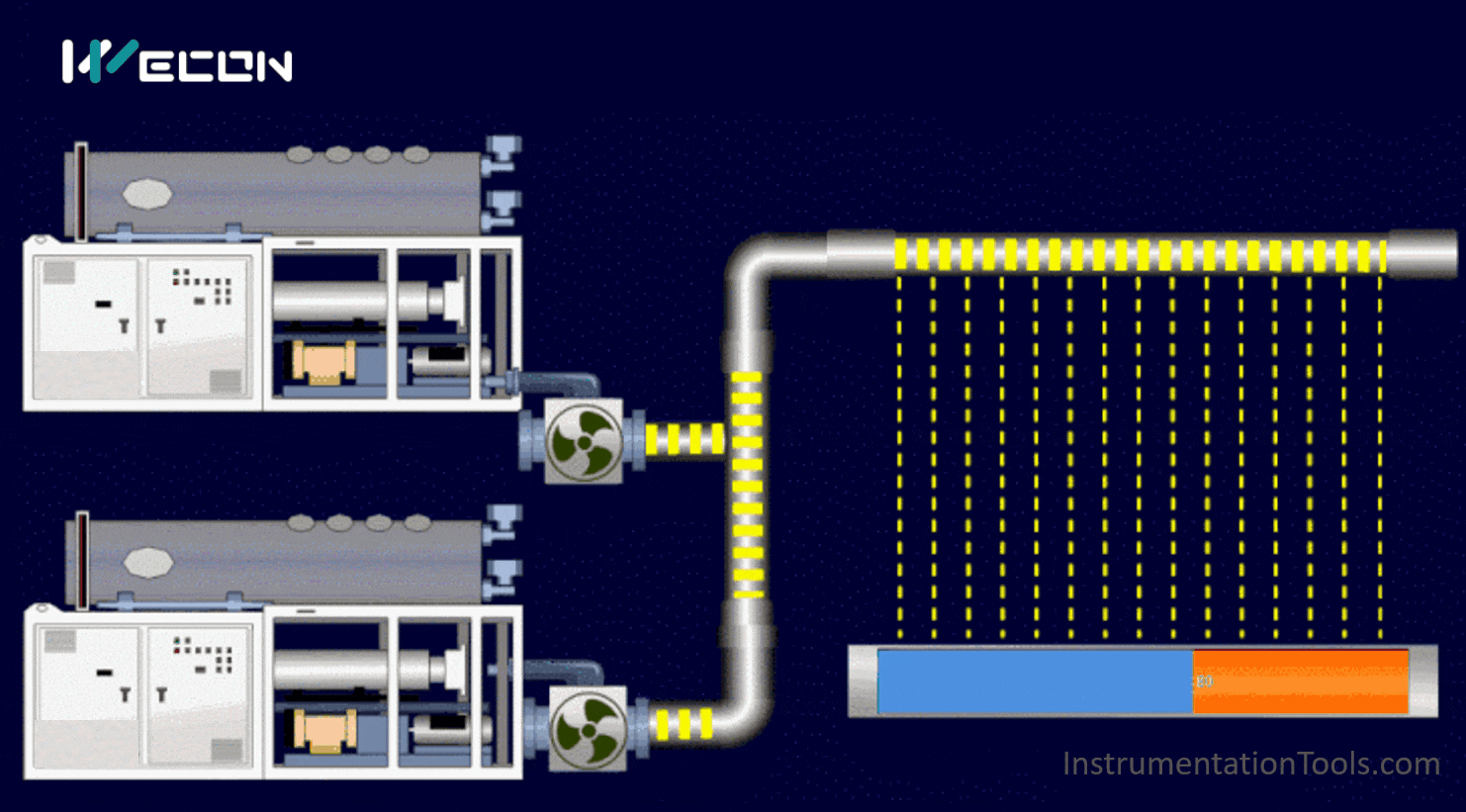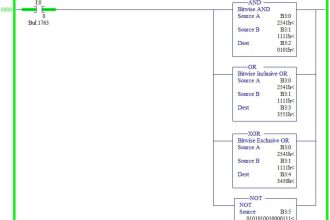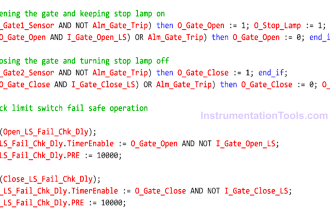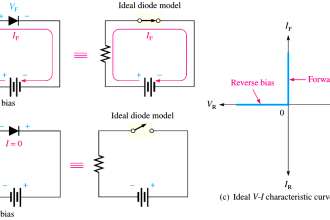First electric power system was build in New York city in 1882. DC power was generated by steam generator supplying power to 59 consumers. During the decade many small power systems were developed throughout the world using dc power.
In spite of initial wide spread of dc power they have certain limitations that dc power should be generated and delivered to short distances, for long distance transmission I2R losses and voltage drops in the lines were not acceptable for generation of the dc power. Hence a need has come to transform the voltage levels became necessary.
With the development of transformer and ac transmission pave an important path to generate electrical power. Then a controversy has come over whether the electrical utility industry should be standardized with ac power or dc power.
AC power has won over the DC power due to some advantages
- In ac power voltage levels can be transformed, thus electrical power can be generated at low voltage and step up for transmission for long distances to reduce I2R losses and can be step down at distribution end.
- AC generators are much simpler than DC generators.
- AC motors are much cheaper and simple in construction compared to DC motors. (Induction motors are simple and rugged in construction and requires less maintenance than dc motors)
Due to the above reasons ac power out rule the dc power for generation, transmission and distribution.
Disadvantage of ac power:
However it should be remembered that ac power has some disadvantages such as
- Interference with the neighboring communication lines
- Harmonics in the power system
- Losses such as Skin effect and corona loss
